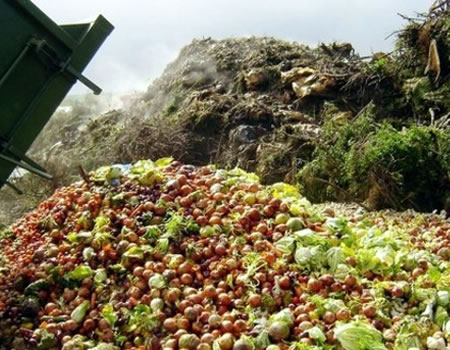A team of researchers, led by the University of Portsmouth, have developed a bio-composite material using date palm fibre biomass (biomass is a term that includes waste material from plants, food waste and sewage) that can be used in non-structural parts, such as car bumpers and door linings. The team also involved researchers from the University of Cambridge, INRA (Institut national de la recherche agronomique, a French public research institute dedicated to agricultural science) and University of Britanny, South.
Sokoto State deputy governor warns parties against harassment
The date palm fibre polycaprolactone (PCL) bio-composite is completely biodegradable, renewable, sustainable and recyclable, unlike synthetic composites reinforced by glass and carbon fibres.
In a study, published in the journal Industrial Crops and Products, the researchers tested the mechanical properties of the bio-composite. They found that the date palm fibre PCL had increased tensile strength and achieved better low-velocity impact resistance than traditional man-made composites.
Dr Hom Dhakal, who leads the Advanced Materials and Manufacturing (AMM) Research Group at the University of Portsmouth and co-author of the study, said: “Investigating the suitability of date palm ?bres waste biomass as reinforcement in lightweight composite materials provides a tremendous opportunity of utilising this material to develop low-cost, sustainable and lightweight biocomposites.
“The impact of this work would be extremely significant because these lightweight alternatives could help reduce the weight of vehicles, contributing to less fuel consumption and fewer C02 emissions. The sustainable materials can be produced using less energy than glass and carbon fibres and are biodegradable, therefore easier to recycle.”
The study is one of the first to provide a comprehensive assessment of the improved mechanical properties of date palm fibre PCL bio-composites.






